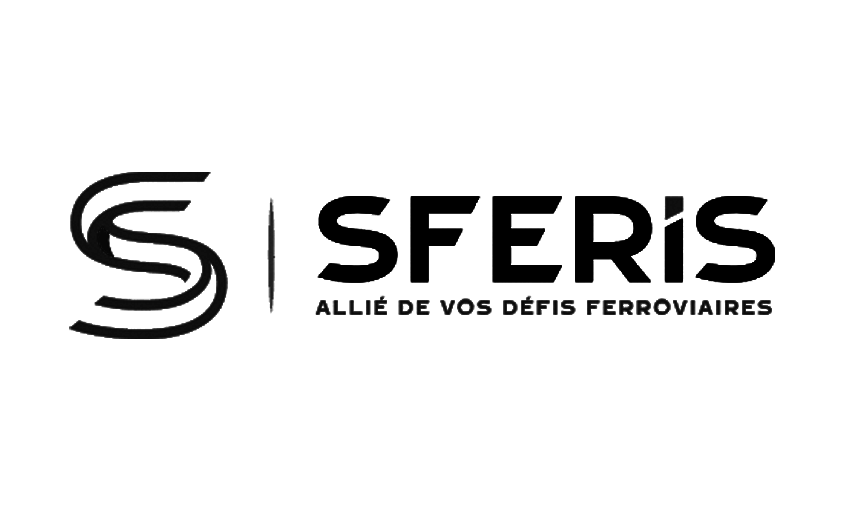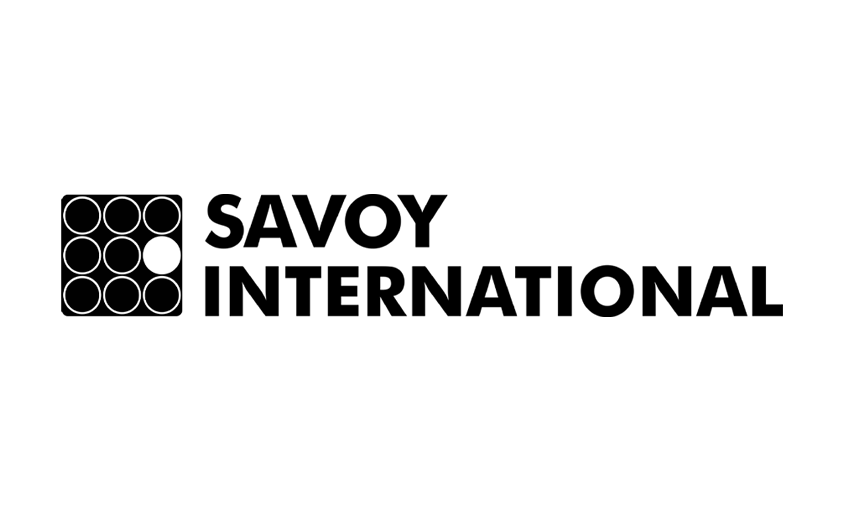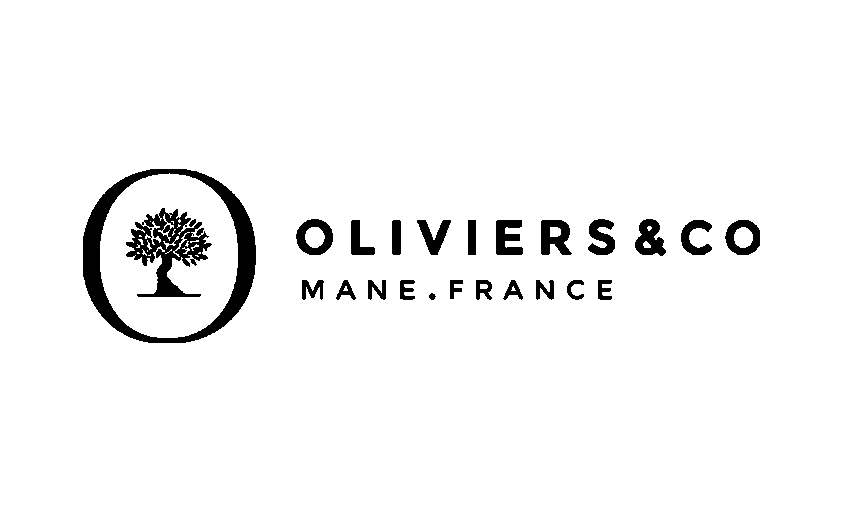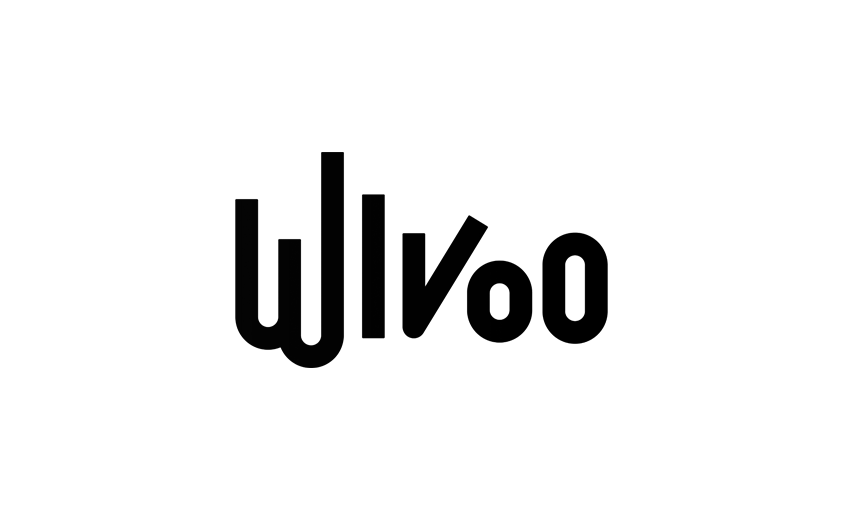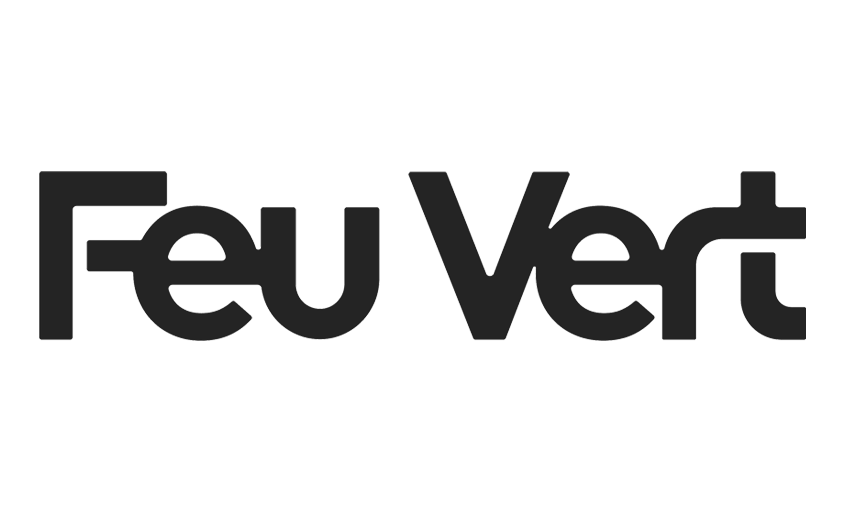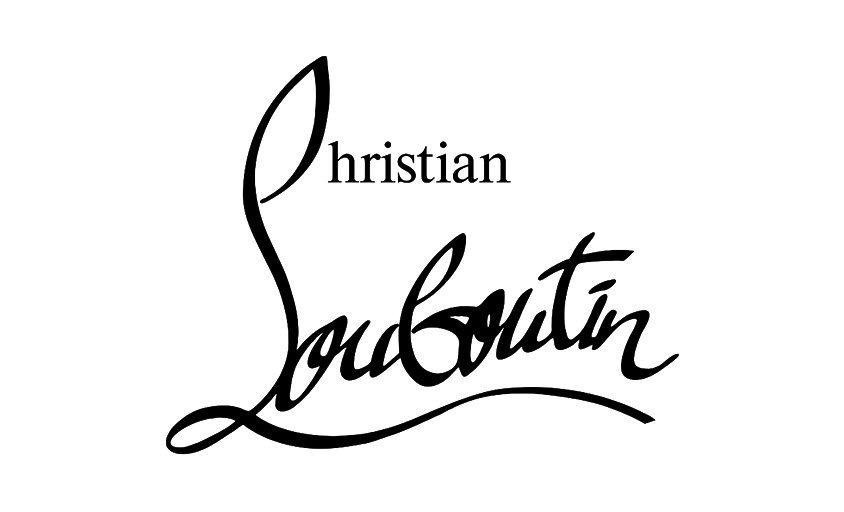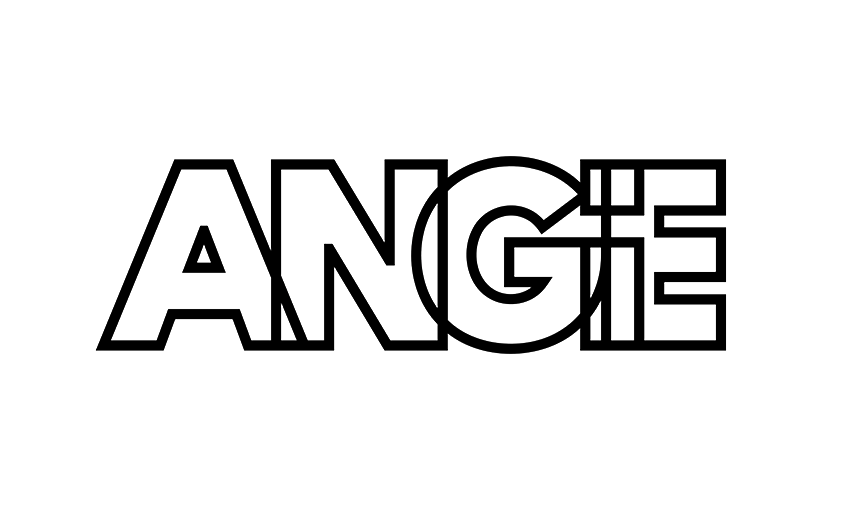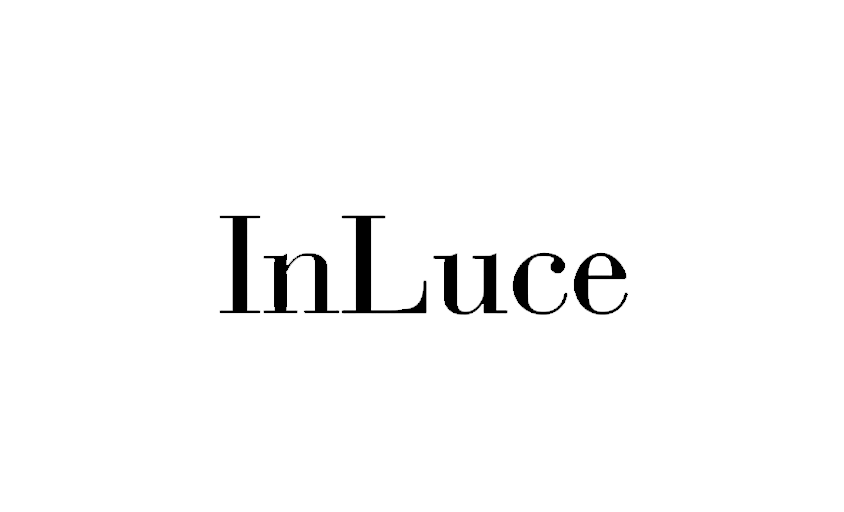What Are Corporate Events?
In this article :
A corporate event is an event organized by a company or organization with the purpose of bringing together employees, executives, business partners, or other stakeholders to share information, collaborate, train, or achieve specific goals.
Corporate events play a key role in the life of a company, as they help foster internal communication, enhance participants’ skills, promote team cohesion, and showcase new strategies or products. They are also frequently used as networking opportunities.

Types of Corporate Events
Corporate events come in many shapes and sizes, depending on the goals, the size of the company, and the target audience. Here are some of the most common types of corporate events:
- Meetings and Conferences: These events are typically held to inform, train, or discuss important company matters. They may include leadership meetings, industry conferences, or symposiums.
- Training Seminars: Organized to improve employees’ skills, these sessions can cover a wide range of topics, from leadership training to mastering new technologies.
- Product Launches: When a company introduces a new product to the market, a launch event is often held to attract media, customers, and partners.
- Brainstorming Sessions: These creative meetings bring employees together to generate innovative ideas, solve problems, or plan new initiatives.
- Trade Shows and Professional Fairs: Companies showcase their products or services to potential clients and expand their network of contacts.
- Awards and Recognition Events: These events celebrate employee achievements through award ceremonies, gala evenings, or incentive trips.
- Team-Building Activities: Designed to improve collaboration, communication, and team cohesion within the company.
- Inspiration Seminars: These events aim to motivate employees with powerful speeches and engaging activities that boost morale and commitment.
- Charity and Social Impact Events: Companies may organize volunteer work or fundraising campaigns to support social or environmental causes.
- Shareholder Meetings: These meetings allow shareholders to discuss financial performance, key decisions, and strategic direction.
- Networking Events: Focused on professional networking, these events enable participants to build business relationships and explore new opportunities.
- Open House Days: Companies welcome the public or specific stakeholders to present their operations, products, or technologies.
- Leadership Training Events: Tailored for senior executives and managers, these events focus on leadership development and strategic planning.
- Press Conferences: Used to announce major news, financial results, partnerships, or significant developments.
- Company or Anniversary Celebrations: These events mark key milestones, whether it’s a company anniversary or a major achievement.
Each type of corporate event serves a specific purpose and may require a different approach in terms of planning and photography to capture key moments and lasting memories.
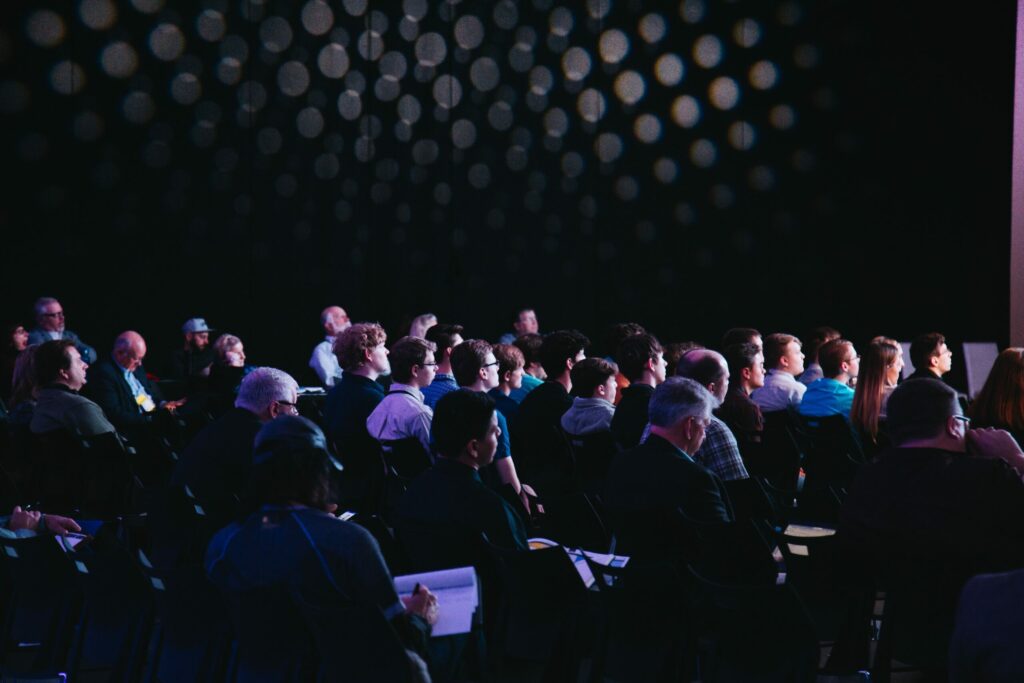
The Role of an Event Photographer in Corporate Moments
Corporate photography, and more specifically, the event photographer at a corporate event, is essential to capture the essence and value of the event. Here are the key responsibilities and contributions of a corporate photographer at a seminar:
- Documenting the Event:
The event photographer’s main task is to document the entire corporate event. This includes taking photos of participants (photobooth for example), speakers, workshops, presentations, and all the key moments of the day. - Capturing Authentic Moments:
A good corporate event photographer knows how to capture the emotions and authentic moments that happen during the event. This might include focused expressions during a training session, smiles during networking, or even moments of genuine camaraderie during a team-building activity. - Creating Professional Portraits:
Speakers, presenters, and participants often appreciate having professional-quality portraits. The photographer must be able to create these flattering and professional portraits, thereby contributing to the company’s employer brand. - Capturing the Atmosphere:
In addition to specific moments, the photographer must also capture the general atmosphere of the event. This can include photos of the conference room, decorations, coffee breaks, and other elements that contribute to the event’s unique vibe. - Creating High-Quality Visual Content:
The photos taken at the event should be high quality and ready to be used for various purposes. This includes using them on social media, including them in company reports, creating promotional material for future events, and much more. - Working Discreetly:
A good corporate event photographer knows how to blend into the background and work discreetly so as not to disrupt the flow of the event. They must be able to capture moments without being intrusive, thus preserving the authenticity of interactions. - Adapting to Changing Conditions:
Corporate events can take place in different environments, often with varying lighting conditions. The event photographer must be skilled at adapting to these conditions and producing high-quality images in any circumstance. - Providing a Variety of Images:
To provide comprehensive coverage of the event, the photographer should deliver a variety of images, including color and black-and-white shots, wide-angle shots and close-ups, group pictures, and individual portraits.
In summary, the event photographer plays a crucial role in preserving memories, capturing the atmosphere, and documenting important moments during a corporate event. Their technical skills and ability to capture the essence of the event contribute to its success, while providing valuable visual content for the company. Contact us to professionally and authentically capture your upcoming corporate events.
If you’d like to organize a corporate photoshoot for your next seminars, contact us!
Jérémy Carlo is the editorial director at Rétines, where he ensures the consistency and clarity of all content produced by the studio.
Our Clients
Let’s discuss
What we do for you at Rétines
Meticulous work, an organised project and fast delivery. And to achieve this, we mobilise the right resources in our teams at the right time.
01
Pre-production
Artistic and technical direction tailored to the project.
Relevant recommendations on content, form and resources.
02
Photo Shooting
Photos taken by our experienced photographers.
Production that’s controlled, efficient and tailored to the needs of the project, with nothing superfluous.
03
Retouching
Technique
Photographs magnified by our retouching team.
Post-production to meet the commercial challenges of the brief.

